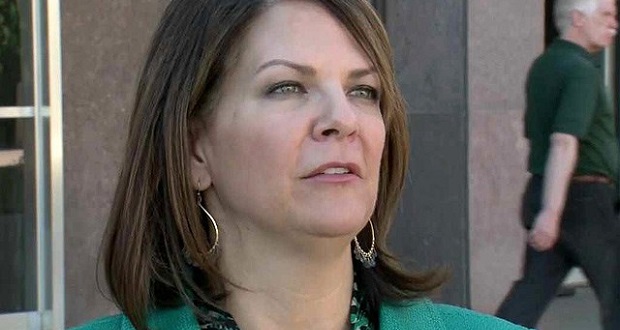Moderate Republicans challenge conservative party mates in battle for soul of GOP
Hank Stephenson and Ben Giles//June 16, 2014//[read_meter]
Moderate Republicans challenge conservative party mates in battle for soul of GOP
Hank Stephenson and Ben Giles//June 16, 2014//[read_meter]
The battle over the heart and soul of the Republican Party is raging in a beige, West Valley ballroom. Republican Reps. Darin Mitchell and Steve Montenegro sit on the stage...
















